Discover Science on Player FM
Science on Player FM

3887 Episodes
Reverse
durée : 00:05:19 - Avec sciences - par : Alexandra Delbot - Comment le cochon est-il parvenu à passer d’île en île dans le Pacifique ? Une nouvelle étude parue dans Science révèle quatre vagues distinctes d’arrivées, portées par les migrations humaines sur des millénaires. - invités : Laurent Frantz Professeur de paléogénétique à l’Université de Munich et à l’Université Queen Mary à Londres
durée : 00:02:41 - Debout la Terre - par : Camille Crosnier - Et si les compagnies pétrolières renoncaient à extraire le pétrole venezuelien ? Le jeu n'en vaut peut-être pas la chandelle, vu les investissements colossaux à faire. Ce pétrole est particulièrement sale et difficile à extraire, en plus d'être une bombe climatique et environnementale.
Vous aimez ce podcast ? Pour écouter tous les autres épisodes sans limite, rendez-vous sur Radio France.
Få dagliga vetenskapsnyheter om den senaste forskningen och hur den påverkar dig med Vetenskapsradion nyheter i Sveriges Radio P1. Lyssna på alla avsnitt i Sveriges Radios app.
– Bardzo szybko się przekonaliśmy, że nasze wyobrażenie o tym, co jest trudne, a co mogą robić modele językowe, to były dwa zupełnie różne światy – mówi odcinku nr 283 dr Bartosz Naskręcki, prodziekan Wydziału Matematyki i Informatyki Uniwersytetu Adama Mickiewicza w Poznaniu.Dr Naskręcki jest jedynym polskim naukowcem w międzynarodowym zespole FrontierMath. Zespół zebrał się, by stworzyć bazę zupełnie nowych, nigdzie wcześniej niepublikowanych problemów matematycznych i sprawdzić, jak sobie z nimi poradzą popularne duże modele językowe (LLM). A radzą sobie nieźle: podały poprawną odpowiedź do ok. 20% przygotowanych zadań, a ich rezultaty są coraz lepsze z czasem (wraz z rozbudową i dotrenowywaniem modeli w internecie). LLM-y można wykorzystać też do weryfikowania poprawności już istniejących prac matematycznych. – Magia matematyki polega na tym, że jak się ten program, czyli ten sformalizowany dowód, skompiluje w odpowiednim kompilatorze, to on mi daje gwarancję, że to jest poprawnie – wyjaśnia dr Naskręcki. W ten sposób naukowcy wyśledzili i naprawili błąd np. w wielkim twierdzeniu Fermata.Wykorzystanie modeli AI to już rewolucja. – Można w pewnym sensie już tworzyć matematykę trochę bez matematyków – zauważa gość. Oczywiście na razie to narzędzie i wciąż potrzebny jest człowiek, który nim kieruje, wpisuje prompty i weryfikuje wyniki. Kolejnym poziomem rewolucji byłoby stworzenie modelu zdolnego do samodzielnego tworzenia i rozwiązywania problemów matematycznych. Wydaje się jednak, że do tego jeszcze daleko. – Modele nie będą robiły niczego kognitywnie ciekawego, dopóki nie pozwolimy im wchodzić w różne interakcje. Bez interakcji trudno mi sobie wyobrazić, że coś, co ma ewidentnie pewną strukturę dynamiczną, a świadomość ma strukturę dynamiczną, da się wytworzyć w takim algorytmie – dodaje.W odcinku usłyszycie też sporo rozważań na temat świadomości i dowiecie się, jak weryfikować prawdziwość rozwiązań, których nie umiemy policzyć, i dlaczego matematyk z modelem AI jest jak pasterz. Polecamy!
Sind Fische Frühaufsteher? Oder echte Langschläfer? Ein Forscherteam hat unter Wasser nachgeschaut und entdeckt: auch unter Fischen ticken die inneren Uhren ganz unterschiedlich. Es gibt eine Vielzahl an Chronotypen - genau wie bei uns Menschen. Host in dieser Folge ist Stefan Geier Autor Johannes Roßteuscher Redaktion: Florian Falzeder Link zur Originalstudie: Revealing Chronotypes Across Aquatic Species Using Acoustic Telemetryhttps://onlinelibrary.wiley.com/doi/10.1111/faf.70022 Habt Ihr Feedback? Anregungen? Wir freuen uns, von Euch zu hören: WhatsApp (https://wa.me/491746744240) oder iq@br.de Wenn Euch der IQ-Podcast gefällt, freuen wir uns über eine gute Bewertung, einen freundlichen Kommentar und ein Abo. Und wenn Ihr unseren Podcast unterstützen wollt, empfehlt uns gerne weiter! IQ verpasst? Hier könnt Ihr die letzten Folgen hören: https://1.ard.de/IQWissenschaft
Drei Münchner Universitäten haben eine effiziente Methode entwickelt, um die Zerstörung von Gebäuden in Kriegsgebieten zu erfassen. Satellitentechnik und Statistik zusammen liefern Bilder, die schnell, genau und bezahlbar sind.
Last year was full of unexpected science news, from the discovery of a new colour, to the interstellar visitor 3I/Atlas passing by our solar system, and a world-first treatment with a personalised gene editing therapy. So what will this year bring? Ian Sample and science correspondent Hannah Devlin discuss the big stories likely to hit the headlines and share their predictions for 2026. Help support our independent journalism at theguardian.com/sciencepod
Eine Studie der Uni Cambridge hat vier Zeitpunkte herausgefunden, an denen die großen Umbrüche in der Gehirnentwicklung eines Menschen stattfinden: Mit neun Jahren, mit 32, 66 und 83 Jahren. Von Ulrike Till
Dank künstlicher Intelligenz lassen sich aus Hirnscans nicht nur Krankheiten, sondern auch persönliche Eigenschaften herauslesen. Ein Gespräch über die Bedeutung von KI für die Medizin der Zukunft.
Mehr über die Arbeit und die Forschungsthemen unseres Gesprächspartners Prof. Simon Eickhoff vom Forschungszentrum Jülich könnt ihr hier lesen.
>> Artikel zum Nachlesen: https://detektor.fm/wissen/forschungsquartett-hirnscans
Dank künstlicher Intelligenz lassen sich aus Hirnscans nicht nur Krankheiten, sondern auch persönliche Eigenschaften herauslesen. Ein Gespräch über die Bedeutung von KI für die Medizin der Zukunft.
Mehr über die Arbeit und die Forschungsthemen unseres Gesprächspartners Prof. Simon Eickhoff vom Forschungszentrum Jülich könnt ihr hier lesen.
>> Artikel zum Nachlesen: https://detektor.fm/wissen/forschungsquartett-hirnscans
למה יזמים ישראלים נכשלים במיתוג ושיווק ואיך אפשר לעשות את זה נכון עד לאקזיט מוצלח? נועה זילברמן, שמכרה את הסטארט-אפ שלה ב-30 מיליון דולר לפני גיל 30, מגלה מדוע רוב היזמים הישראלים מפסידים מיליונים בגלל הזנחת השיווק והמיתוג. בשיחה חושפנית היא מגלה איך הפכה את עצמה למותג אישי חזק יותר מחברות ענק, ומדוע אילון מאסק וסטיב ג'ובס הבינו משהו שהישראלים עדיין לא תופסים. זילברמן גם מספרת על ניהול כנס Future Summit היוקרתי לאחר 7 באוקטובר שהביא לארץ את כמה מהיהודים המשפיעים בעולם, ואיך בנתה נוכחות דיגיטלית מקצועית מהיום הראשון וללא תקציב. מבוא והכרות עם נועה זילברמן - 0:00הדיון על ההבדל בין יזמים למשקיעים - 3:04הסיפור של עופר כץ והשפעתו על הקריירה - 2:26האתגרים של יזמת בתחילת הדרך - 4:58הפילוסופיה של השקעות בפיוז'ן והגישה השונה - 8:20הבעיות עם הבועה הנוכחית בשוק הסטארט-אפים - 9:00חשיבות השיווק והמיתוג בעולם הסטארט-אפים - 11:00הסיפור של Future Summit ואיך נבנה המותג - 14:00האסטרטגיה מאחורי בניית כנס אקסקלוסיבי - 16:00עקרונות בניית מותג ודרכי הפצה - 17:00הסיפור של סדרת הווידאו עם אייקון וגוגל - 28:00עקרונות המיתוג האישי והאותנטיות - 30:40התוכן הכי יעיל ברשתות החברתיות - 34:00הנושא הכי שנוי במחלוקת - קריירה ואימהות - 36:00הקמת סטארט-אפ עם בן הזוג והאתגרים - 43:00מחשבות על מעבר להשקעות מקצועיות - 45:00האתגרים של מעבר ממשקיעה אנג'לית לקרן - 47:00
Estudo japonês publicado no PLOSone conclui que falar enquanto se conduz atrasa o olhar e compromete a identtificação de perigos e qualquer reacção para os evitar
Een oude video uit 2019 die deze week opdook, toont dat de uitbaters van de bar Le Constellation in het Zwitserse bergdorp Crans-Montana zich al langer bewust waren van het brandgevaar. Maar waarom had de gemeente de bar al sinds 2020 niet meer op brandveiligheid gecontroleerd? “De persconferentie dinsdag waarop de burgemeester van Crans-Montana moest toegeven dat ook de gemeente in de fout is gegaan, is een keerpunt”, vertelt Peter De Lobel. “Plots kun je als gemeente de schuld niet meer alleen in de schoenen schuiven van de twee Franse eigenaars van de bar, maar ben je mee verantwoordelijk voor de dood van 40 jongeren.” 40 doden en 116 (zwaar)gewonden, vooral jongeren: dat is de tol van het inferno tijdens oudejaarsnacht in de bar Le Constellation in het Zwitserse bergdorpje Crans-Montana. Onze collega Peter De Lobel bracht er de voorbije dagen verslag uit. Hij was er getuige van een ingetogen herdenking van de slachtoffers en was aanwezig op de beladen persconferentie. Wie is verantwoordelijk voor de ramp? CREDITS Journalist Peter De Lobel | Presentatie en redactie Alexander Lippeveld | Eindredactie Yves Delepeleire | Audioproductie Joris Van Damme | Muziek Brecht Plasschaert | Chef podcast Alexander LippeveldSee omnystudio.com/listener for privacy information.
Does Missy Higgins have geometrically impossible standards? How high do hot air balloons go? And how much is too much 'Sugar On My Tongue'? Dr Karl answers these questions and more in this special episode of Science with Dr Karl with Lucy Smith.
Lightning is one of Earths most impressive phenomena.
Kinder essen am liebsten Süßes – weshalb Eltern schnell in Panik geraten und mit Spinat gegensteuern. In Wahrheit ist die Süß-Phase jedoch von der Evolution gewollt und wichtig. Wie wir dann trotzdem auf sauer, salzig und bitter kommen, erklärt P.M.-Autor Birk Grüling im Gespräch mit Andreas Albes.+++Wenn ihr Fragen habt, die wir für euch beantworten sollen, dann schreibt uns an: pm-redaktion@verlagshaus.de+++Lust auf mehr Wissenschaft? Hier geht's zum günstigen P.M.-Testabo: https://www.verlagshaus24.com/p_m__zum_testen-vz-web-p.m.-17180-gb-mex/?utm_source=website&utm_medium=digital&utm_campaign=pmm-testabo+++ Weitere Infos zu unseren Werbepartnern finden Sie hier: https://linktr.ee/schnellerschlau+++ Unsere allgemeinen Datenschutzrichtlinien finden Sie unter https://datenschutz.ad-alliance.de/podcast.html +++ Wir verarbeiten im Zusammenhang mit dem Angebot unserer Podcasts Daten. Wenn Sie der automatischen Übermittlung der Daten widersprechen wollen, klicken Sie hier: https://datenschutz.ad-alliance.de/podcast.html+++ https://www.rtl.de/cms/service/footer-navigation/impressum.html +++
The fabled Library of Alexandria, one of the greatest centers of learning in the ancient world, was home to vast collections of scrolls from across the Mediterranean and beyond. Despite the wonders it contained, by late antiquity, the library's collections had disappeared, leaving questions about the depth of the ancient knowledge it once contained. But could such "lost knowledge" from the ancient past ever be recovered? This week on The Micah Hanks Program, we explore the enigma of lost information from antiquity, as well as several of the most curious surviving ancient technologies that point to the existence of remarkable knowledge that was harnessed in the ancient world. From the famous 'Antikithera Mechanism,' to mysteries that include "Greek Fire," Damascus Steel, Roman Concrete, and the enigmatic "Visby Lenses," we examine echoes of a technological past on Earth that history has largely forgotten... or has it? Have you had a UFO/UAP sighting? Please consider reporting your sighting to the UAP Sightings Reporting System, a public resource for information about sightings of aerial phenomena. The story doesn't end here... become an X Subscriber and get access to even more weekly content and monthly specials. Want to advertise/sponsor The Micah Hanks Program? We have partnered with the AdvertiseCast to handle our advertising/sponsorship requests. If you would like to advertise with The Micah Hanks Program, all you have to do is click the link below to get started: AdvertiseCast: Advertise with The Micah Hanks Program Show Notes Below are links to stories and other content featured in this episode: NEWS: "The Officer Turned Into a Frog": Heber City Police Department test-pilots AI software AI showing signs of self-preservation and humans should be ready to pull plug, says pioneer Research Library at NASA's Goddard Space and Flight Center to Close Friday THE LIBRARY OF ALEXANDRIA: The Burning of the Library of Alexandria Library of Alexandria: Description, Facts, & Destruction LOST KNOWLEDGE: Nalanda: The university that changed the world ANCIENT TECHNOLOGY: Decoding the Antikythera Mechanism, the First Computer The Mystery of Greek Fire The Endurance of Ancient 'Damascus Steel' The Riddle of the Visby Lenses BECOME AN X SUBSCRIBER AND GET EVEN MORE GREAT PODCASTS AND MONTHLY SPECIALS FROM MICAH HANKS. Sign up today and get access to the entire back catalog of The Micah Hanks Program, as well as "classic" episodes, weekly "additional editions" of the subscriber-only X Podcast, the monthly Enigmas specials, and much more. Like us on Facebook Follow @MicahHanks on X. Keep up with Micah and his work at micahhanks.com.
Critics have long warned that too much television rots your brain, but new evidence suggests at least some time in front of the tube may actually benefit your mental health .
Cannabis, which is increasingly legally available, both for therapeutic and recreational use, is now one of the most commonly used drugs worldwide. Of people who have ever used cannabis, studies vary, but they estimate that about 10-25 percent of people who use cannabis go on to develop cannabis use disorder.
Uri Bright is a postdoctoral associate at the Yale School of Medicine and is one of the authors of a recent study in the journal Neuropsychopharmacology on the genetics of cannabis lifetime use — which is anyone who has ever used cannabis even once. That’s a distinct population from people who have cannabis use disorder, as his colleagues had looked into in the previous study.





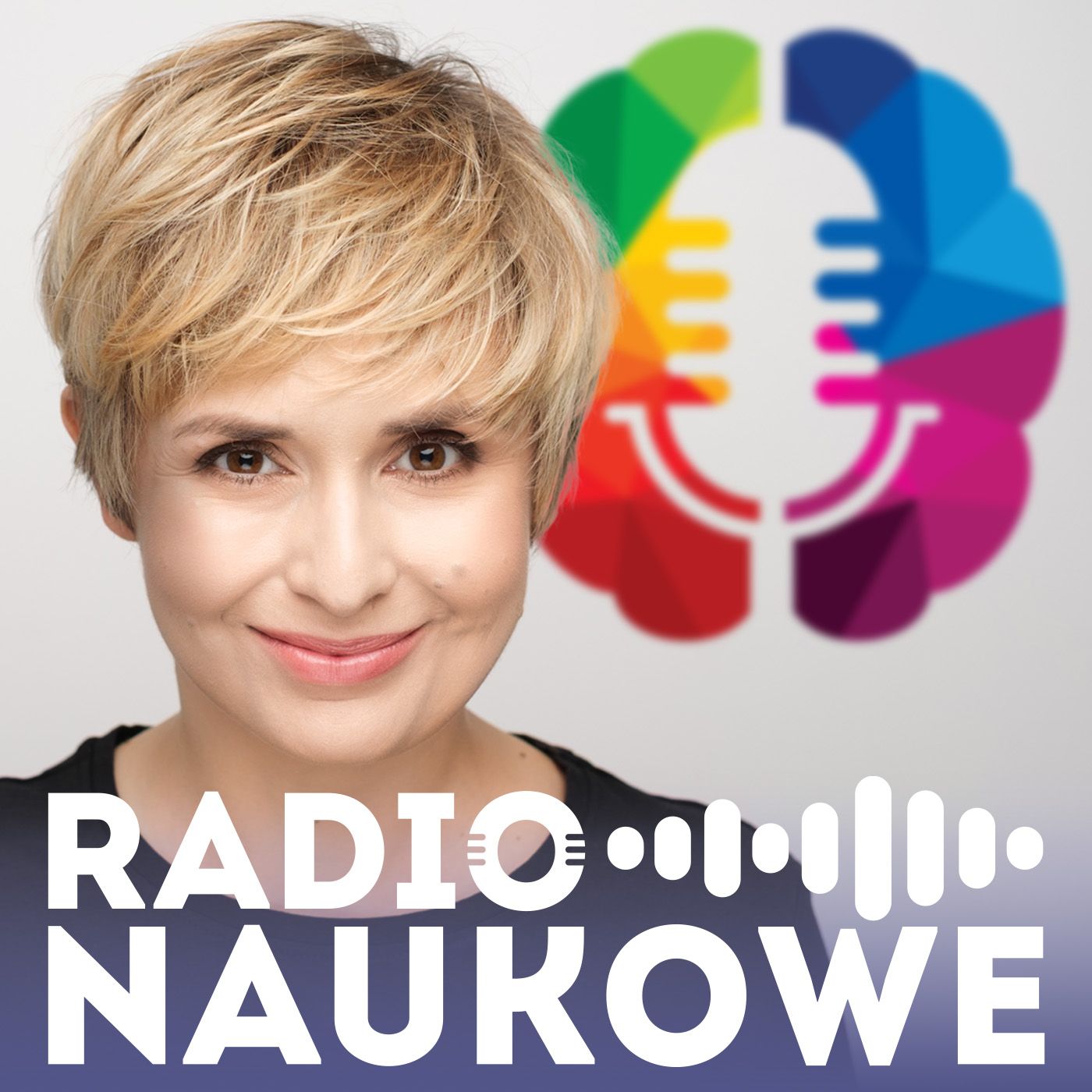
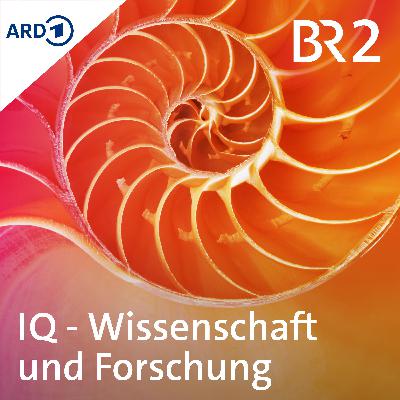
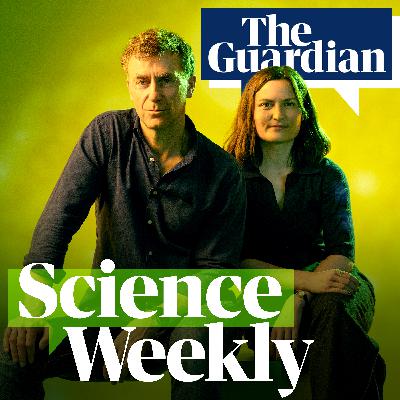

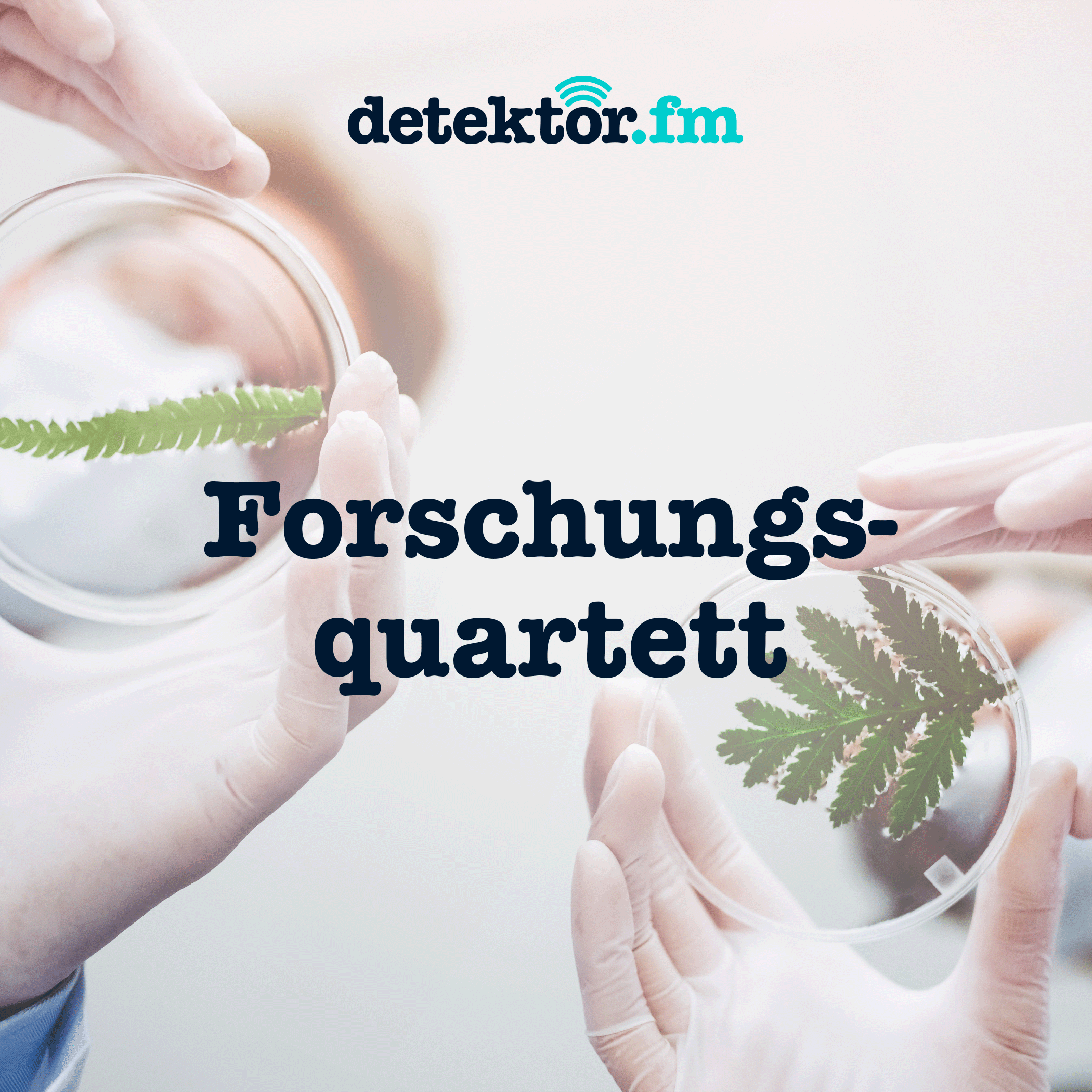

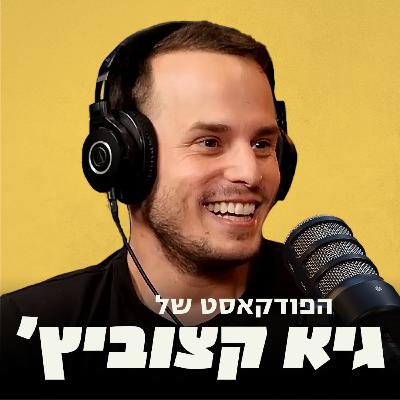









It's interesting how electric cars are so eco-friendly, but keeping them clean can be a bit tricky with all that dust and grime. Just like any car, regular cleaning is key to maintaining that fresh look and feel! Speaking of cars, if you're in Phoenix, AZ, and looking for low down payments or even zero down on cars, there are plenty of great options for you to check out. It's all about finding the right balance of affordability and sustainability! https://nofightingwithtitan.com/low-down-payment-cars/
Świetny odcinek!
ha fijn weer een nieuwe aflevering 👍😀
Quando gli allevamenti degli insetti saranno intensivi avremo locuste OGM blatte che pranzeranno in cucina e inquinamenti nn previsti...?
You guys are the best ever.